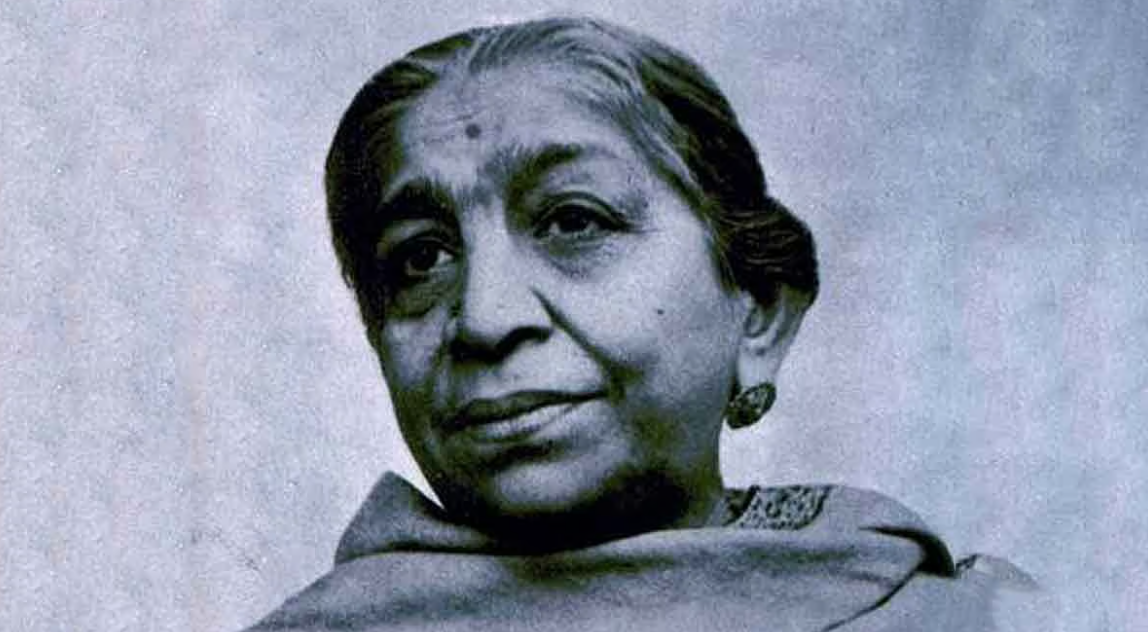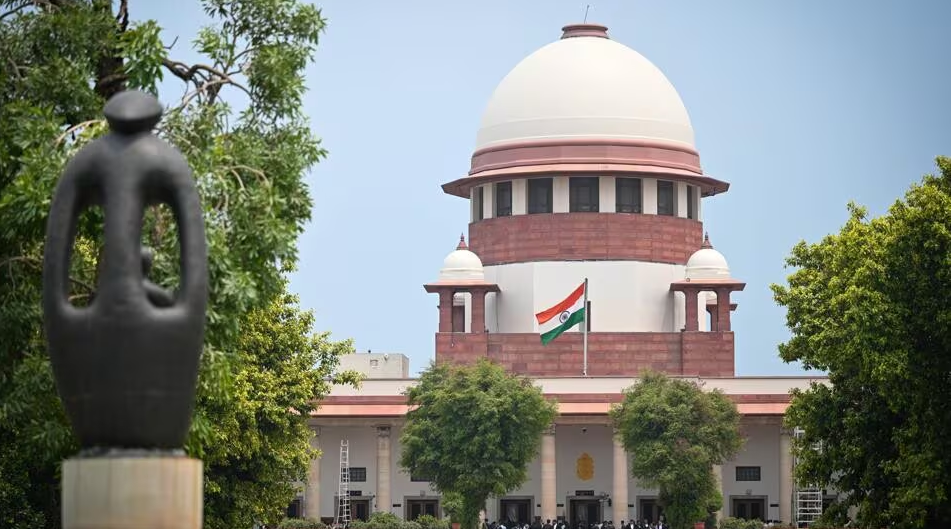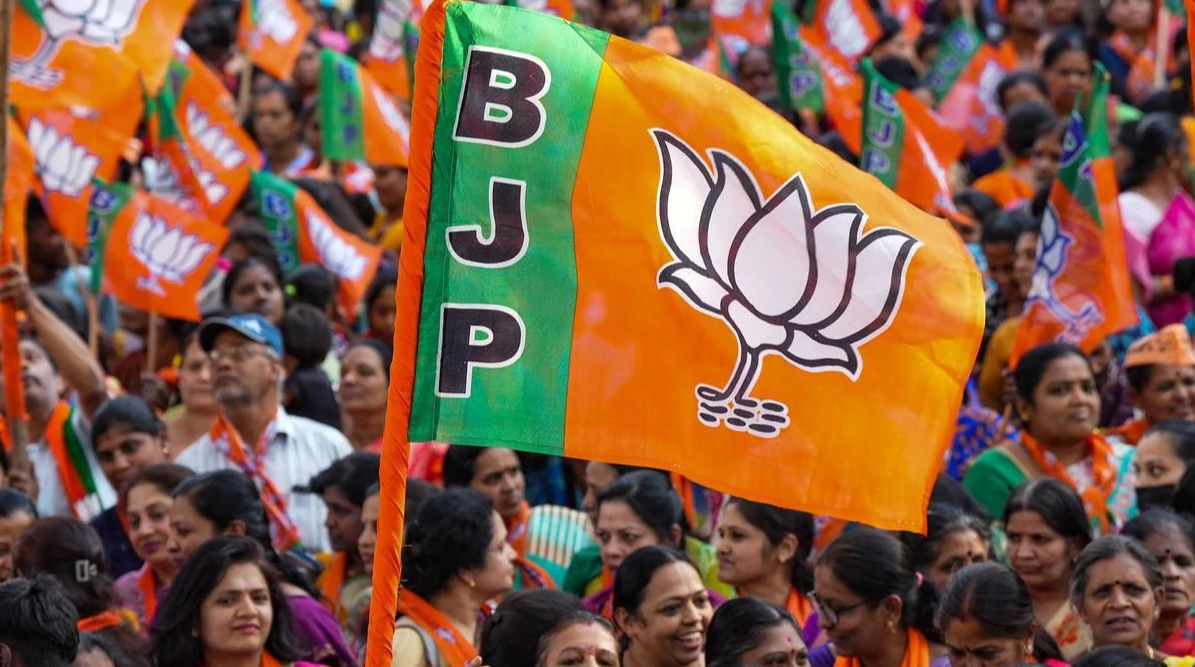
The Meghalaya High Court investigated the Institute of Human Reproduction at Guwahati regarding its conflicting approach and improper handling of a 50-year-old woman seeking ART treatment. The court required the center to submit a document about the feasibility of providing care with an indication of possible restrictions as a result of unsatisfactory performance.
Overview
The Meghalaya High Court has voiced severe warnings against the Institute of Human Reproduction, Guwahati because it mismanaged the ART (Assisted Reproductive Technology) application of a 50-year-old woman. The regulation in the ART Regulation Act 2021 established that elderly patients above 50 could not access such treatment.
The medical facility first instructed Sarah to apply for court authorization before changing their position to deny any assessment due to missing facilities. The court lost trust because of this incompatible position of the hospital staff. The court directed the clinic to present an affidavit that included both safety information about the medical process and a professional medical evaluation of the patient. Any unsatisfactory response from the clinic could result in limitations being imposed on their ART service provision.
Abortion Laws in India
Legal Framework: Medical Termination of Pregnancy (MTP) Act
-
The Indian law was established in 1971 to protect legal and safe abortion services across the country.
-
The law works to combine protection for fetal rights alongside women’s right to reproductive choices through medically compassionate procedures.
Latest Supreme Court Case (2025)
-
The pregnant woman visited medical services at week 26 because she felt her physical and mental conditions were unsteady.
-
The Supreme Court justices presented conflicting rulings about abortion rights and newborn protection during this case.
-
Under the MTP Act powers to terminate pregnancies beyond 20 weeks of gestation exist only in particular medical situations.
-
The Additional Solicitor General Aishwarya Bhati filed opposition to termination as she based her stance on current legal boundaries.
Evolution of the MTP Act
(a) Original MTP Act, 1971
-
One doctor's consent was required for pregnancies up to 12 weeks of gestation to obtain a medical abortion.
-
Required two doctors' approval for abortions up to 20 weeks.
(b) 2003 Amendment
-
Introduced misoprostol, an abortion-inducing drug.
-
Extended medical abortion eligibility up to 7 weeks.
(c) 2021 Amendment
-
Abortion laws were expanded by raising the authorized period from 20 weeks to 24 weeks for medical reasons.
-
Up to 20 weeks: Requires the opinion of one medical practitioner.
-
20-24 weeks: Requires the opinion of two registered medical practitioners.
-
Allowed termination for cases involving:
-
Threat to the woman’s life (physical/mental health).
-
Rape/incest survivors and minors.
-
Physical disabilities or fetal abnormalities are incompatible with life.
-
Changes in marital status (widowhood/divorce during pregnancy).
-
-
Beyond 24 weeks: Requires approval from a State Medical Board.
-
Unmarried women can seek abortions without a spouse’s consent.
Indian Penal Code (IPC) and Abortion
-
Section 312 IPC: Women obtaining abortions face criminal consequences under Section 312 IPC with a sole exception being necessary to preserve her life.
-
Section 313 IPC: Section 313 IPC states that unauthorized miscarriage can lead to life imprisonment and fines as punishment.
Challenges in Implementation
-
Shortage of trained obstetricians-gynecologists, especially in rural areas.
-
The legal stand against unsafe abortions has not stopped knowledgeable women from undertaking risky abortion procedures.
-
The risk of maternal death remains high when women perform unsafe abortions.
Common Global Practices
-
The standard gestational period allowed for abortion ranges between 12 weeks to 24 weeks but specific abnormalities of the fetus may provide additional legal options.
-
Medical risks that might impact the health of the pregnant person along with cases of rape/incest or fetal developmental disorders are recognized legal grounds for termination.
-
Certain nations mandate patients to complete waiting periods together with counseling sessions before obtaining an abortion.
-
Parental Consent for Minors: Varies across nations.
-
Medical practitioners decline to provide abortions for religious or moral reasons.
Conclusion
-
Through the MTP Act women have gained improved reproductive freedom in India.
-
While the 2021 changes brought better access to abortion services more challenges remain during their implementation process.
-
The protection of women throughout the abortion process requires complete healthcare system improvements along with the prevention of unsafe abortion practices in India.




 Haryana Launches ‘Har Khet-Swasth Khet’ to Boost Soil Health
Haryana Launches ‘Har Khet-Swasth Khet’ to Boost Soil Health National Women’s Day 2025: Honoring Sarojini Naidu’s Legacy
National Women’s Day 2025: Honoring Sarojini Naidu’s Legacy Supreme Court’s Stand on Election Ban for Convicted Politicians
Supreme Court’s Stand on Election Ban for Convicted Politicians Maharshi Dayanand Saraswati’s 200th Birth Anniversary: Honoring His Legacy
Maharshi Dayanand Saraswati’s 200th Birth Anniversary: Honoring His Legacy India’s First Kidney Transplant for a Patient with Rare ‘Bombay’ Blood Group
India’s First Kidney Transplant for a Patient with Rare ‘Bombay’ Blood Group India Committed to Eliminating Lymphatic Filariasis by 2027: J.P. Nadda
India Committed to Eliminating Lymphatic Filariasis by 2027: J.P. Nadda BJP Sweeps Delhi: Ends 27-Year Long Political Drought
BJP Sweeps Delhi: Ends 27-Year Long Political Drought Late Chaman Arora was Honored with the Sahitya Akademi Award 2024 for Dogri Literature
Late Chaman Arora was Honored with the Sahitya Akademi Award 2024 for Dogri Literature N Biren Singh Resigns as Manipur CM Amidst Political Uncertainty
N Biren Singh Resigns as Manipur CM Amidst Political Uncertainty






